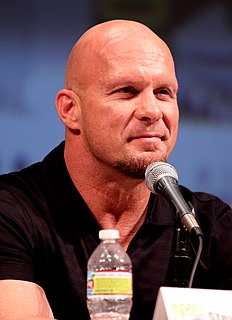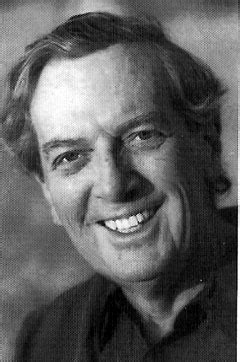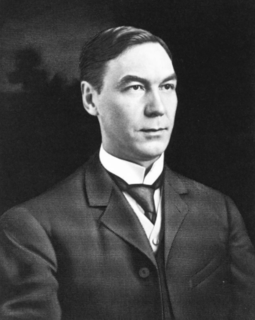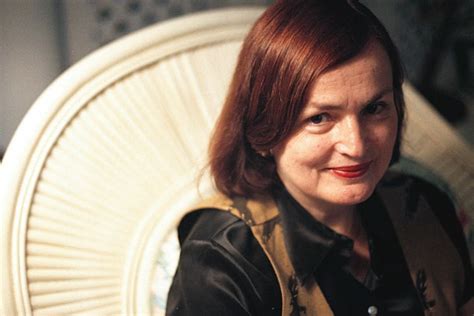A Quote by George Steiner
The capacity for imaginative reflex, for moral risk in any human being is not limitless; on the contrary, it can be rapidly absorbed by fictions, and thus the cry in the poem may come to sound louder, more urgent, more real than the cry in the street outside. The death in the novel may move us more potently than the death in the next room. Thus there may be a covert, betraying link between the cultivation of aesthetic response and the potential of personal inhumanity.
Quote Topics
Aesthetic
Any
Being
Betraying
Between
Capacity
Come
Contrary
Covert
Cry
Cultivation
Death
Human
Human Being
Imaginative
Inhumanity
Limitless
Link
Louder
May
Moral
More
Move
Next
Novel
On The Contrary
Outside
Personal
Poem
Potential
Rapidly
Real
Reflex
Response
Risk
Room
Sound
Street
Than
Thus
Urgent
Us
Related Quotes
So even as we see the horror of death, may we be reminded that in the end, love wins. Mercy triumphs. Life is more powerful than death. And even those who have committed great violence can have the image of God come to life again within them as they hear the whisper of love. May the whisper of love grow louder than the thunder of violence. May we love loudly.
The individual in the ordinary circumstances of living may feel more unreal than real; in a literal sense, more dead than alive; precariously differentiated from the rest of the world, so that his identity and autonomy are always in question.... He may not possess an over-riding sense of personal consistency or cohesiveness. He may feel more insubstantial than substantial, and unable to assume that the stuff he is made of is genuine, good, valuable. And he may feel his self as partially divorced from his body.
Young persons, because of their immaturity, may not fully comprehend the consequences of their actions and should therefore benefit from less severe sanctions than adults. More importantly, it reflects the firm belief that young persons are more susceptible to change, and thus have a greater potential for rehabilitation than adults.
I might not wear chains or I may just wear a watch or I may not wear any jewelry at all or I may just go all out on an outfit or just rock some basic s*** just a pair of jeans, a t-shirt and ones. But, I still standout more than a lot of people in the room so I can't really describe it but I know from the outside looking in people can explain better than I can.
The statement of ideas in a poem may have to do with logic. More profoundly, it may be identified with the emotional progression of the poem, in terms of the music and images, so that the poem is alive throughout. Another, more fundamental statement in poetry, is made through the images themselves those declarations, evocative, exact, and musical, which move through time and are the actions of a poem.
To begin depriving death of its greatest advantage over us, let us adopt a way clean contrary to that common one; let us deprive death of its strangeness, let us frequent it, let us get used to it; let us have nothing more often in mind than death... We do not know where death awaits us: so let us wait for it everywhere." "To practice death is to practice freedom. A man who has learned how to die has unlearned how to be a slave.
Death is the twin of love and mother of us all, she struggles equally for men and women and never accepts differences of caste or class. It's death that quickens us and brings us forth on sheets of love, clasped between sleep and wakefulness and barely breathing for a spell, and thus my death shall be like everybody else's death, as majestic and as pathetic as a king or a beggar's, neither more nor less.
For what accords better and more aptly with faith than to acknowledge ourselves divested of all virtue that we may be clothed by God, devoid of all goodness that we may be filled by him, the slaves of sin that he may give us freedom, blind that he may enlighten, lame that he may cure, and feeble that he may sustain us; to strip ourselves of all ground of glorying that he alone may shine forth glorious, and we be glorified in him?







































